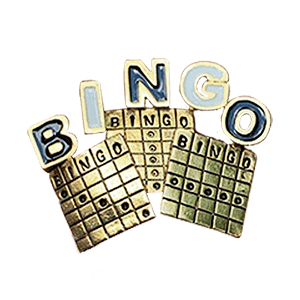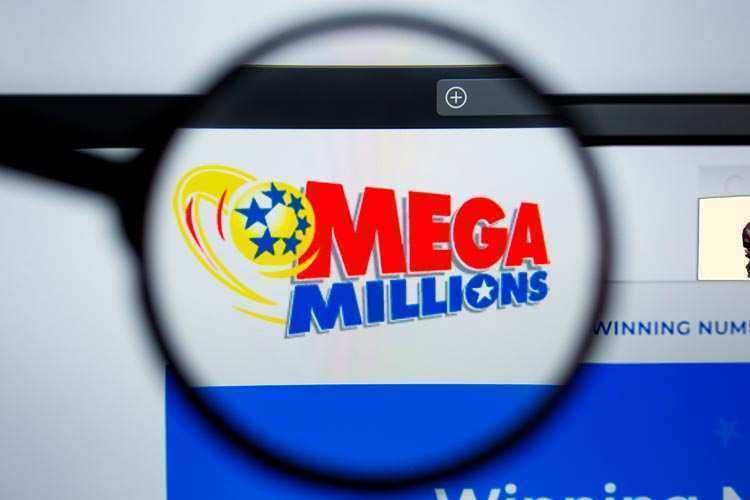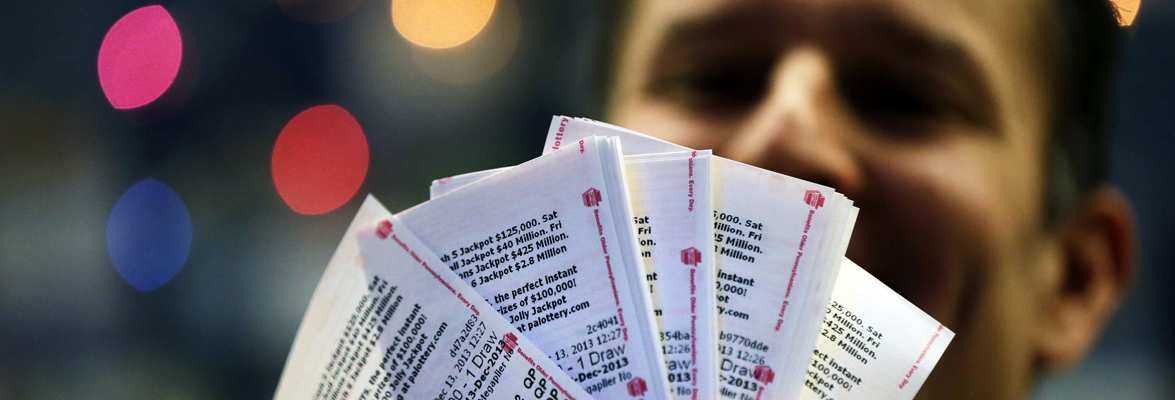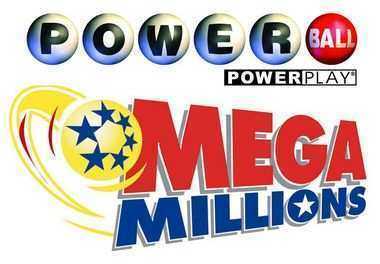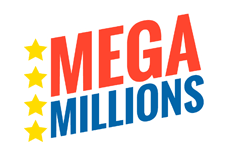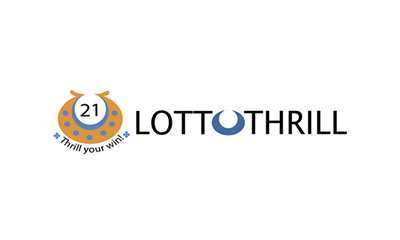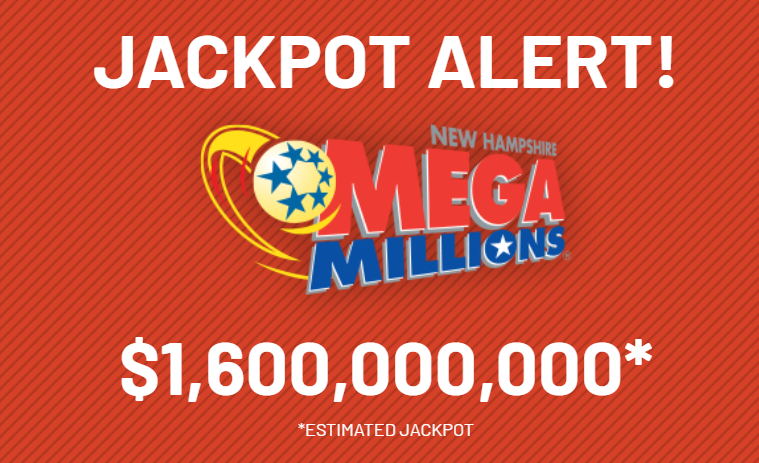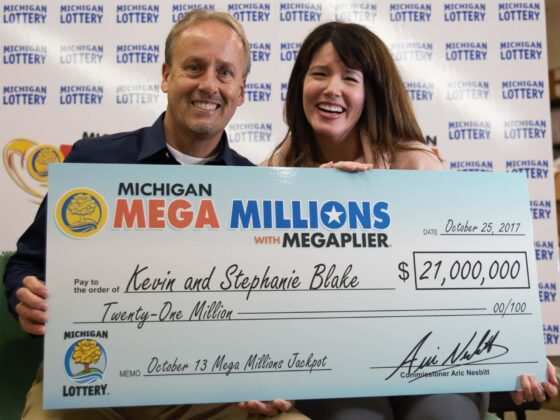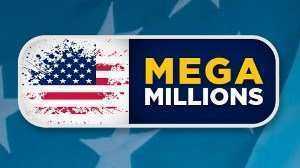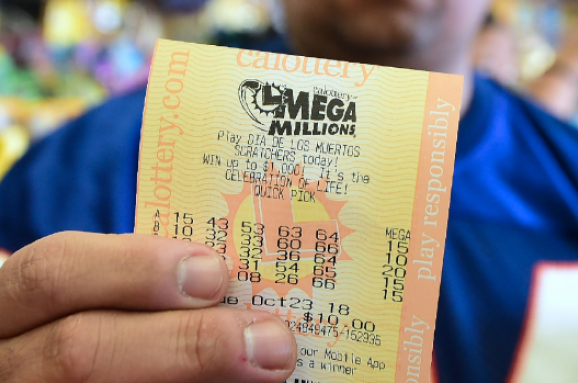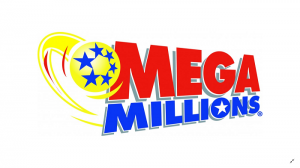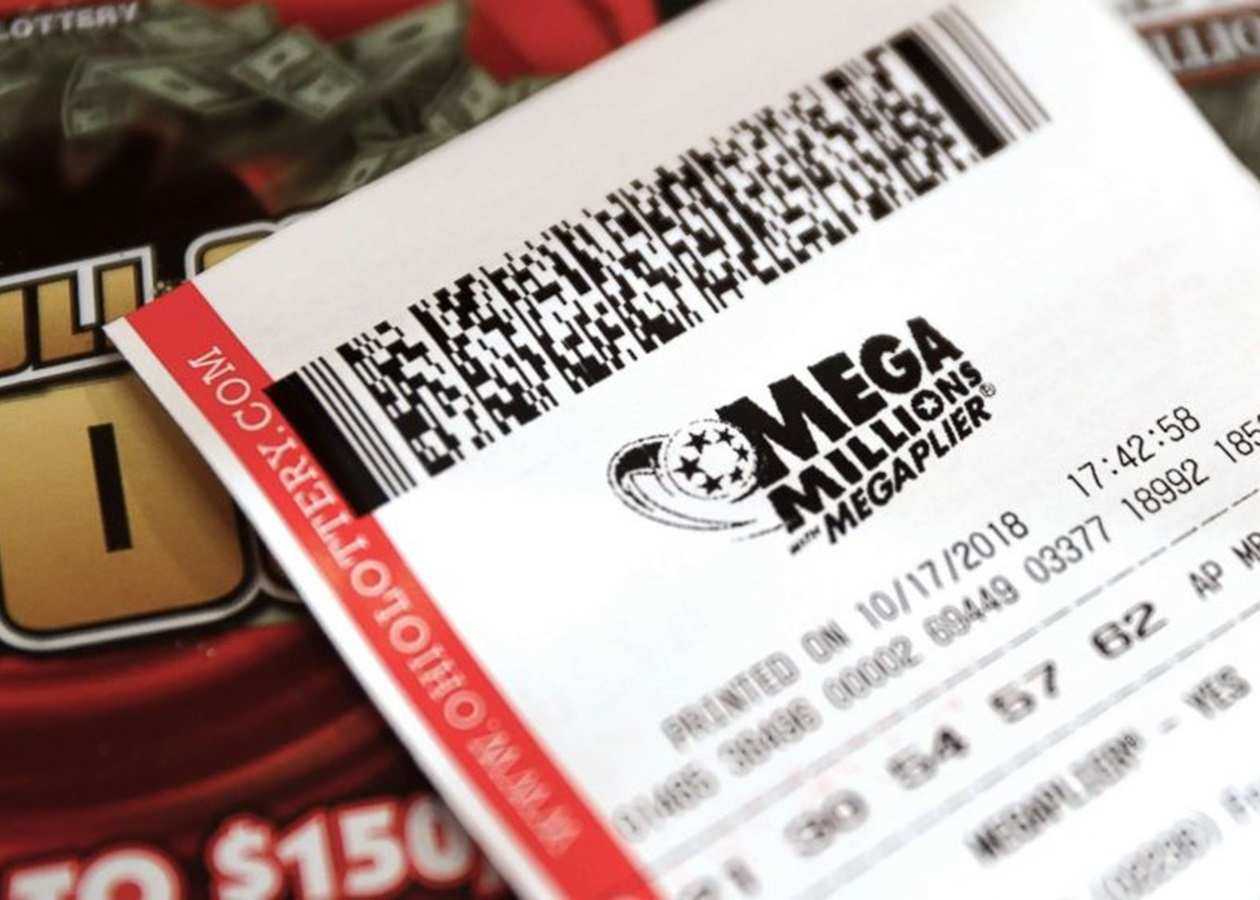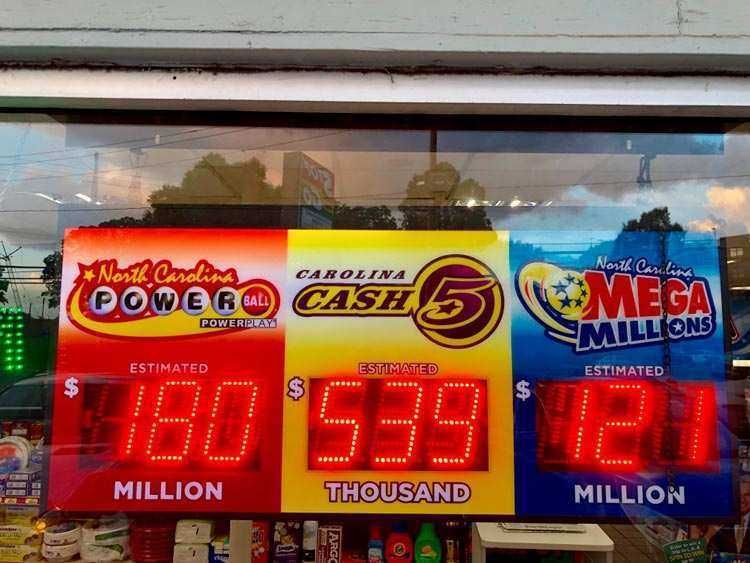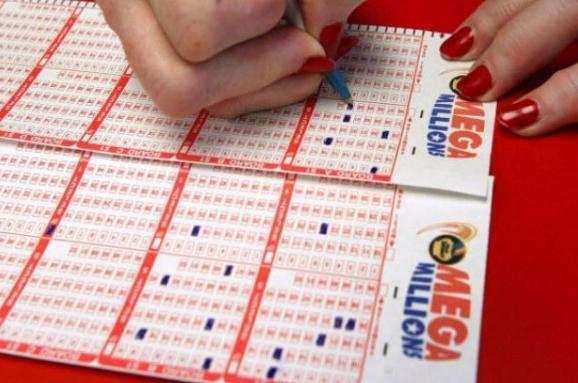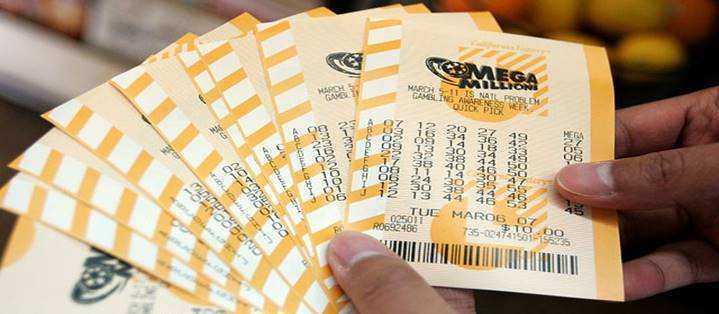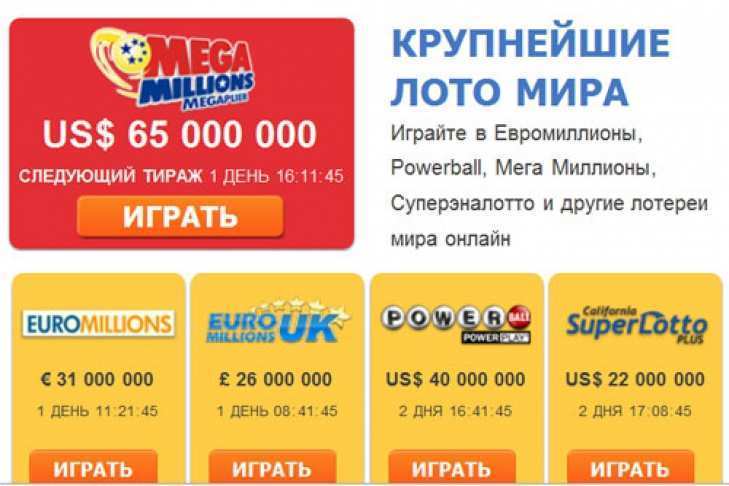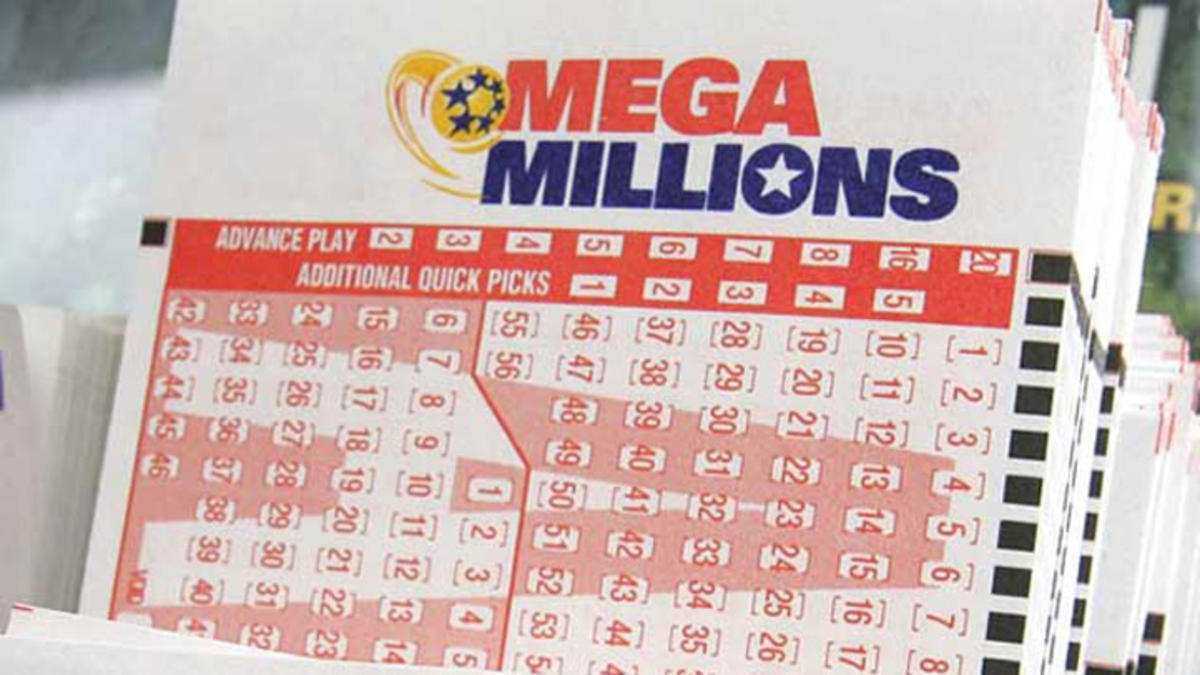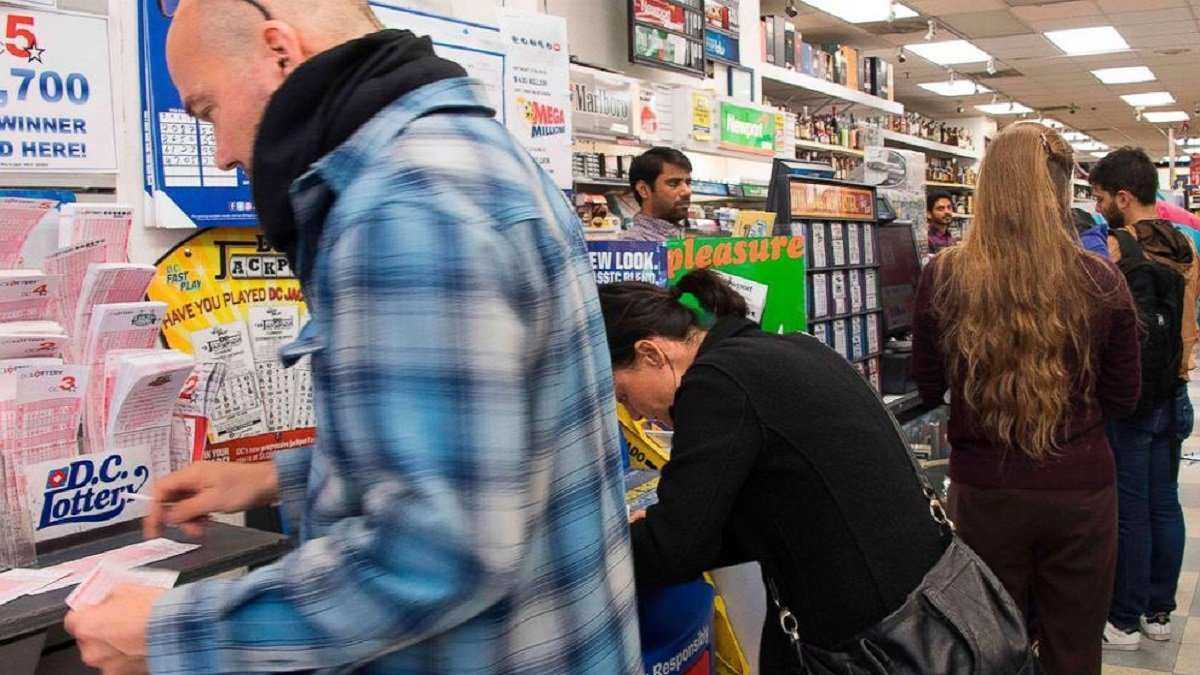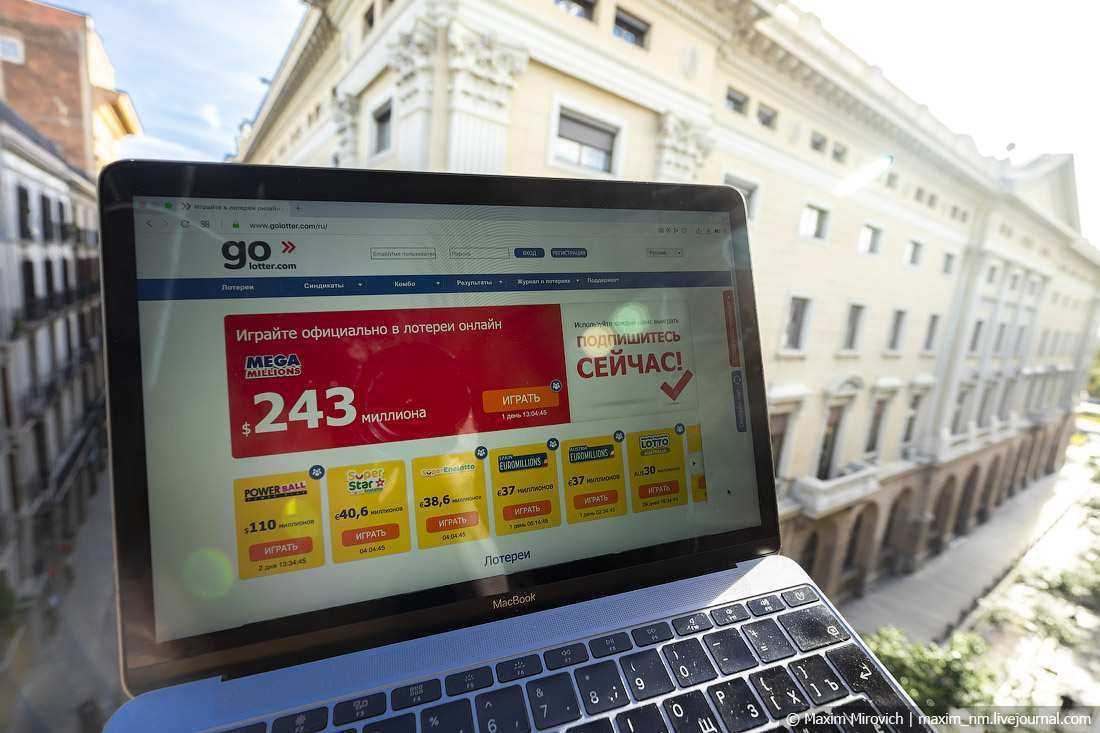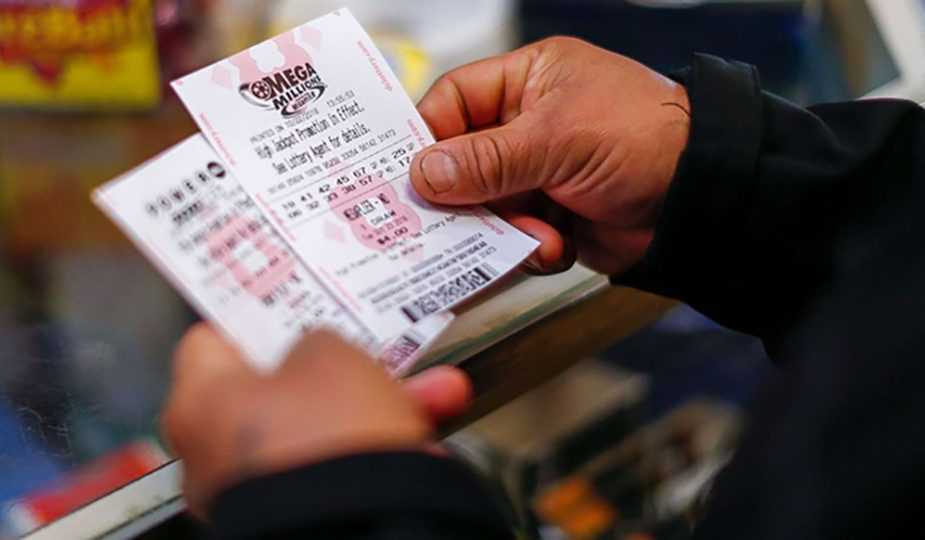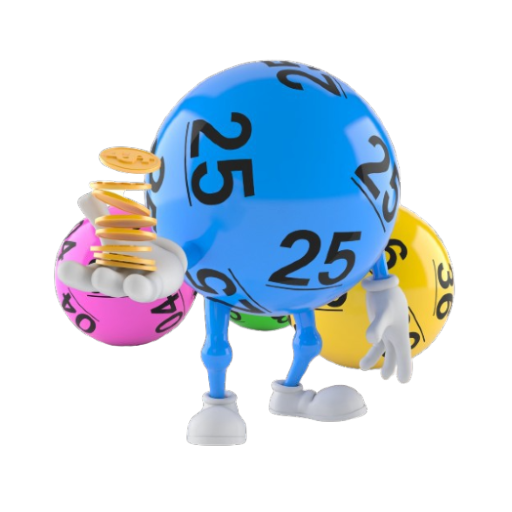Why is the cash option different than the advertised jackpot?
The Mega Millions jackpot is an estimated 29-year annuity value, with a total 30 payments (the first payment happens right away, followed by 29 annual payments). When players choose
the annuity option for their prize, the state lottery pays the prize out over 29 years (30 payments) by
buying U.S. Government Treasury Securities, which earn interest and mature annually over
the 29 years. That annual return is the amount the winners receive each year for the
29 year period. With the cash option, the state lottery will take the amount of
money that would have been invested and will pay it directly to the winner in one
payment. Both payment options have federal and applicable state taxes deducted
from them, although with an annuity option you pay taxes gradually on each annual payout, not all at once like with the cash option.
States, participating in the drawing now and in the future
| Jurisdiction | Join Date |
|---|---|
| Arizona | 18 April 2010 |
| Arkansas | 31 january 2010 |
| California | 22 june 2005 |
| Connecticut | 31 january 2010 |
| Colorado | 16 May 2010 |
| Delaware | 31 january 2010 |
| Columbia region | 31 january 2010 |
| Florida | 15 May 2013 |
| Georgia | 1996 |
| Idaho | 31 january 2010 |
| Illinois | 1996 |
| Indiana | 31 january 2010 |
| Iowa | 31 january 2010 |
| Kansas | 31 january 2010 |
| Kentucky | 31 january 2010 |
| Louisiana | 16 November 2011 |
| Maine | 9 May 2010 |
| Maryland | 1996 |
| Massachusetts | 1996 |
| Michigan | 1996 |
| Minnesota | 31 january 2010 |
| Missouri | 31 january 2010 |
| Montana | 1 Martha 2010 |
| Nebraska | 20 Martha 2010 |
| New Hampshire | 31 january 2010 |
| New Jersey | 1999 |
| New Mexico | 31 january 2010 |
| New York | 2002 |
| North Carolina | 31 january 2010 |
| North Dakota | 31 january 2010 |
| Ohio | 2002 |
| Oklahoma | 31 january 2010 |
| Oregon | 28 Martha 2010 |
| Pennsylvania | 31 january 2010 |
| Rhode Island | 31 january 2010 |
| South Carolina | 31 january 2010 |
| South Dakota | 16 May 2010 |
| Tennessee | 31 january 2010 |
| Texas | 2003 |
| US Virgin Islands | 4 October 2010 |
| Vermont | 31 january 2010 |
| Virginia | 1996 |
| Washington | 2002 |
| West Virginia | 31 january 2010 |
| Wisconsin | ? |
| Wyoming | No data |
States of alabama, Alaska, Hawaii, Mississippi, Nevada and Utah do not currently host lotteries in their territories due to legislation or constitutional mandate. Puerto Rico hosts lottery draws on its territory, however does not participate in the Mega Millions lottery and, according to data received in October 2013 of the year, does not plan to join the draw. 14 Martha 2013 of the year Wyoming became 44 staff, who established the lottery, however, tickets are not sold on its territory.
How are the draws held?
Two lottery machines are used in the Mega Millions draw. Model, selected by the organizers of Mega Millions - Criterion II (Criterion II), manufactured by Smartplay International (Smartplay International), located in Edgewater Park, state of new jersey. The balls are mixed by two counter-rotating blades. 5 white balls one by one fall into the hole under the stirring drum. Beginning with 19 October 2013 of the year participates in the drawing 75 white balls in the first apparatus and 15 Mega Balls, painted gold, in the second apparatus.
Is it legal to play the lottery over the Internet?
The state lotteries and MUSL (the organization that runs Powerball) are all very firm in their assertion that playing the lottery in any manner over the Internet is illegal. We are not lawyers and can’t provide legal advice, but we are not so sure about their position. Their absolute certainty that it is illegal may have more to do with not wanting to lose control of the player interaction, and less to do with a firm legal footing.
When we assess the legality, we look at what has actually happened in court cases. There have been people in the past who purchased a lottery ticket from an Internet Web site, subsequently won the jackpot, and the lottery attempted to block them from receiving the jackpot. In each case, the winners took the lottery to court and won. They received their jackpot as if they walked into a store and purchased a ticket.
You must keep in mind that any type of Internet-based lottery service is not risk-free. From a legal standpoint, the services are dealing in loopholes in the current law, and the US Congress has taken steps to make those loopholes tighter, particularly in trying to prevent banks and credit cards from allowing Internet payments for lottery services. But there is a much bigger threat when you use an Internet lottery service: getting ripped off.
By not making a purchase in a store, you may be doing something worse than throwing your money away: you may be helping to keep a scam operation running. Stay away from anything referring to a “syndicate”. We are not aware of any site using that terminology that is not a scam. Also beware of sites that state “Insured by ___” at the bottom. It is like saying “We don’t really buy lottery tickets, but trust us, you’ll get paid if you win.” Have you ever heard of an insurance company paying out a $200 million Powerball jackpot? We haven’t.
We do allow some advertising on USA Mega for lottery services. We recommend that USA residents stay away from such services, and make your purchases in a store. The ads are directed at non-USA residents, who may not have the online lottery restrictions that exist in the USA.
MegaMillions lottery rules
According to the terms of the game, participant chooses 5 main balls with numbers from 1 to 75, as well as an additional "Mega ball" with a number from 1 to 15.
Mega Million players from select states, have the right to take another extra ball, called Megaplier, in case of guessing his number, the amount of the win increases significantly.
Five main winning categories established. The jackpot is the maximum win, and for that, to get it, you need to predict five main numbers, and also the number on the mega ball. The smallest prize any MegaMillions player can win, who guesses 1 number.
For the lottery drawing procedure, apply 2 drum, the main balls spin in the first, with numbers from 1 to 56. Five balls from this mass drop out randomly. Mega balls are spinning in the second reel (them 46).
In all states, except California, set the standard size of the prize amount in any category. California is isolated because, that in this state, the size of the prize directly depends on the profit from ticket sales. If a MegaMillions member wins the jackpot, he has the right to take immediately the amount of the entire prize (notice, what is the prize amount in this case, will be less than the winning amount) or agree to receive the winnings in installments (for every million won, the winner should $38,5 thousand. in year).
What is the Megaplier?
The Megaplier is an option that is currently offered in all states that sell Mega Millions tickets except California. For an extra $1.00 per ticket you can increase your non-jackpot prize winnings by 2, 3, 4, or 5 times.
The Megaplier is not available in California because of state law that requires all lottery prizes to be paid out on a pari-mutuel basis.
The Megaplier multiplier number is chosen at random by computerized drawing in Texas at around the same time the Mega Millions numbers are drawn in Georgia. The Megaplier was invented by the Texas Lottery as an add-on available only in that state, but was later available in all of the Mega Millions states except California starting in 2010. The Megaplier continues to be drawn in Texas.
A player must choose the Megaplier option when they buy their Mega Millions ticket, and then the ticket must match one of the 9 Ways to Win (except the jackpot) before the multiplier takes effect. Megaplier costs an extra $1 per play. See How to Play Mega Millions for more information.
Can non-US citizens play? What if a non-US citizen wins?
Yes, non-US citizens can legally play, and non-US citizens are eligible to win any prize offered in the game.
If a non-US citizen wins, they would claim their prize in the same manner that a US citizen would, but the taxes withheld would be different. For example, federal withholding for non-US citizens is a flat 30%. Also, individual states may have different tax structures for non-US citizens than they do for US citizens. Depending on which country the person is a legal resident of, there also may be tax treaties between the US and that other country which could be helpful in offsetting whatever the US tax liabilities are.
In short, non-US citizens can play and win Mega Millions. If a non-US citizen wins a large prize, they will be responsible for some amount of tax, which in the end will probably be an amount similar to what a US citizen would pay, but there are so many possible variations with international tax codes that you’ll need to consult with a local tax attorney if you need to know a precise amount of tax liability.
